Dirty Money and Fair Tax at Kensington & Chelsea Council
Kensington and Chelsea is one of the most unequal places in Britain. By some measures it is the wealthiest borough in the county, and yet alongside luxury mansions and flats, some one in four children grow up in poverty.
We have the highest house prices in the country, and yet over 3,000 households are on the council waiting list, and over 2,000 are in temporary accommodation.
That is why we launched the Kensington Against Dirty Money campaign. We believe that dirty money is inflating house prices, increasing the number of empty investment properties and hollowing out our community.
On Wednesday 22nd June, we took our campaign to the Kensington and Chelsea Council chamber to ask for action at a local level. We’ve been pushing hard for national legislation to provide transparency over anonymous foreign owned property in Britain and for proper financing to the National Crime Agency so they can crack down on financial crime, but there is plenty our local council can do too.
Watch our co-founder Joe Powell’s questions to the Council, here, as he calls for more action to tackle this crisis:
We would like to see a strategy from our local council for combatting dirty money in the borough. This should include utilising new information on property ownership, tackling our empty homes problem, building far more social housing, and joining the Councils for Fair Tax Declaration, as part of the Fair Tax Mark accreditation scheme that recognises those that pay tax responsibly and transparently. This Co-operative Party backed initiative celebrates those who are proud to pay the right amount of tax and report transparently on profits, taxes and who benefits from the business and procurement.
Our campaign has always been clear: while we don’t want dirty money coming into our borough; we also don’t want our council taxes going to companies who don’t pay fair tax and we don’t want individuals in the borough taking advantage of non-domiciled tax status to avoid paying their fair share of tax.
Our three questions to Councillors were:
What plans are being made by this council to use the information in the forthcoming public register of foreign owned property?
What action is being taken to tackle our empty homes problem, especially given over 3000 households are on the council waiting list, and over 2000 are in temporary accommodation?
What other steps are being taken at a local level to ensure Kensington sheds its reputation as the epicentre of London's dirty money problem, including consideration to the Council joining the Councils for Fair Tax declaration supported by the Co-op Party to ensure local government procurement encourages responsible tax conduct and demands greater transparency of supplier businesses including beneficial ownership and full financial reporting?
